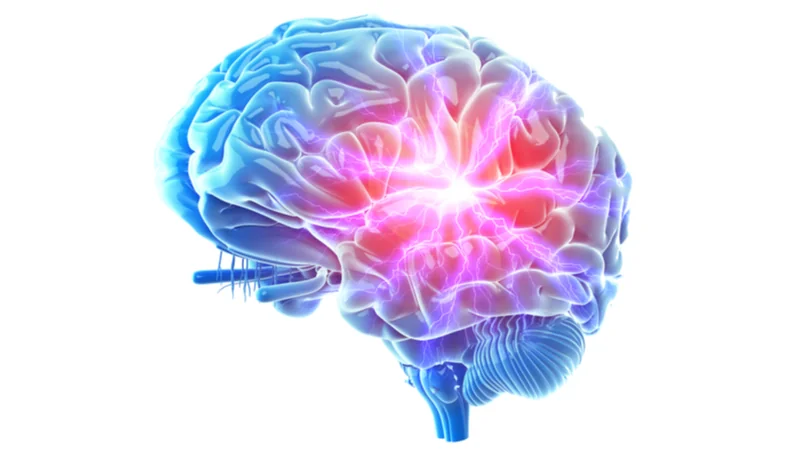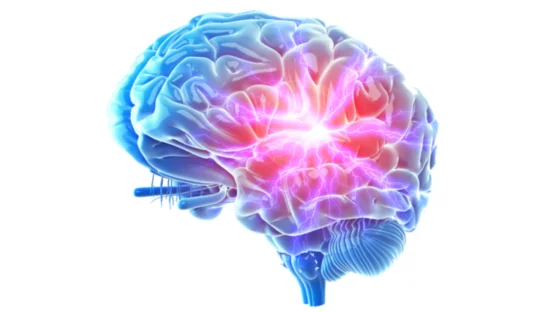Publishing in Aging, a team of Chinese researchers has provided evidence showing a relationship between systemic inflammation and prognosis after a stroke.
Stroke is a deadly and common affliction
As the researchers point out, strokes are the leading cause of death in China, with strokes caused by a loss of blood supply (ischemic strokes) being 82% of those [1]. Previous research has discussed the relationship between strokes and immune infiltration, suggesting that it can make the problem worse [2]. These researchers believe that the new systemic immune-inflammation index (SII), which is based on the numbers of neutrophils, platelets, and lymphocytes [3], is correlated with the severity of stroke; this hypothesis was supported by a previous, smaller cross-sectional study [4].
A unique correlation between SII and stroke
This study goes farther than previous work, using information from 9,107 patients that is derived from the CNSR-III, a nationwide registry of Chinese stroke patients. Interestingly, SII was not significantly correlated with usual markers of cardiovascular risk, such as alcohol, smoking, and advanced age, nor was it correlated with medical history elements such as heart disease, atrial fibrillation, and excessive cholesterol.
Instead, SII was its own marker of poor functional outcome, regardless of other factors. Patients within the highest quartile of SII were more than twice as likely to have poor functional outcomes than people in lower quartiles, whether this was measured 90 days or a year later. Their risk of all-cause death at these time periods was also more than twice as high, and their odds of a recurrent stroke were significantly higher as well.
Conclusion
This work makes it very clear that this reaction is highly correlated enough to be a decisive factor in evaluating future prognoses. As a biomarker, the SII is relatively easy to measure and readily available with a blood test, making it ideal for swift analysis This information may make it easier for doctors to quickly identify high-risk patients at the hospital and provide guidance to potential sufferers of ischemic stroke.
From an aging perspective, this research also provides interesting facts. Notably, the inflammatory markers of the SII do not significantly change with age in the population studied. Therefore, despite their potential destructive nature, notable association with all-cause mortality, and clear inflammatory capability, they are not a normal part of the age-related inflammation known as inflammaging.
Future research into what drives increases in the SII and why some people exhibit so much stronger inflammatory responses than others may provide clues into minimizing the impact, and potentially occurrence, of ischemic strokes and heart attacks.
Literature
[1] Wang, Y. J., Li, Z. X., Gu, H. Q., Zhai, Y., Jiang, Y., Zhao, X. Q., … & Zhao, J. Z. (2020). China stroke statistics 2019: a report from the National center for healthcare quality management in neurological diseases, China national clinical research center for neurological diseases, the Chinese stroke association, National center for chronic and non-communicable disease control and prevention, Chinese center for disease control and prevention and Institute for global neuroscience and stroke collaborations. Stroke and vascular neurology, 5(3).
[2] Zrzavy, T., Machado‐Santos, J., Christine, S., Baumgartner, C., Weiner, H. L., Butovsky, O., & Lassmann, H. (2018). Dominant role of microglial and macrophage innate immune responses in human ischemic infarcts. Brain Pathology, 28(6), 791-805.
[3] Hu, B., Yang, X. R., Xu, Y., Sun, Y. F., Sun, C., Guo, W., … & Fan, J. (2014). Systemic immune-inflammation index predicts prognosis of patients after curative resection for hepatocellular carcinoma. Clinical Cancer Research, 20(23), 6212-6222.
[4] Hou, D., Wang, C., Luo, Y., Ye, X., Han, X., Feng, Y., … & Wu, D. (2021). Systemic immune-inflammation index (SII) but not platelet-albumin-bilirubin (PALBI) grade is associated with severity of acute ischemic stroke (AIS). International Journal of Neuroscience, 131(12), 1203-1208.



